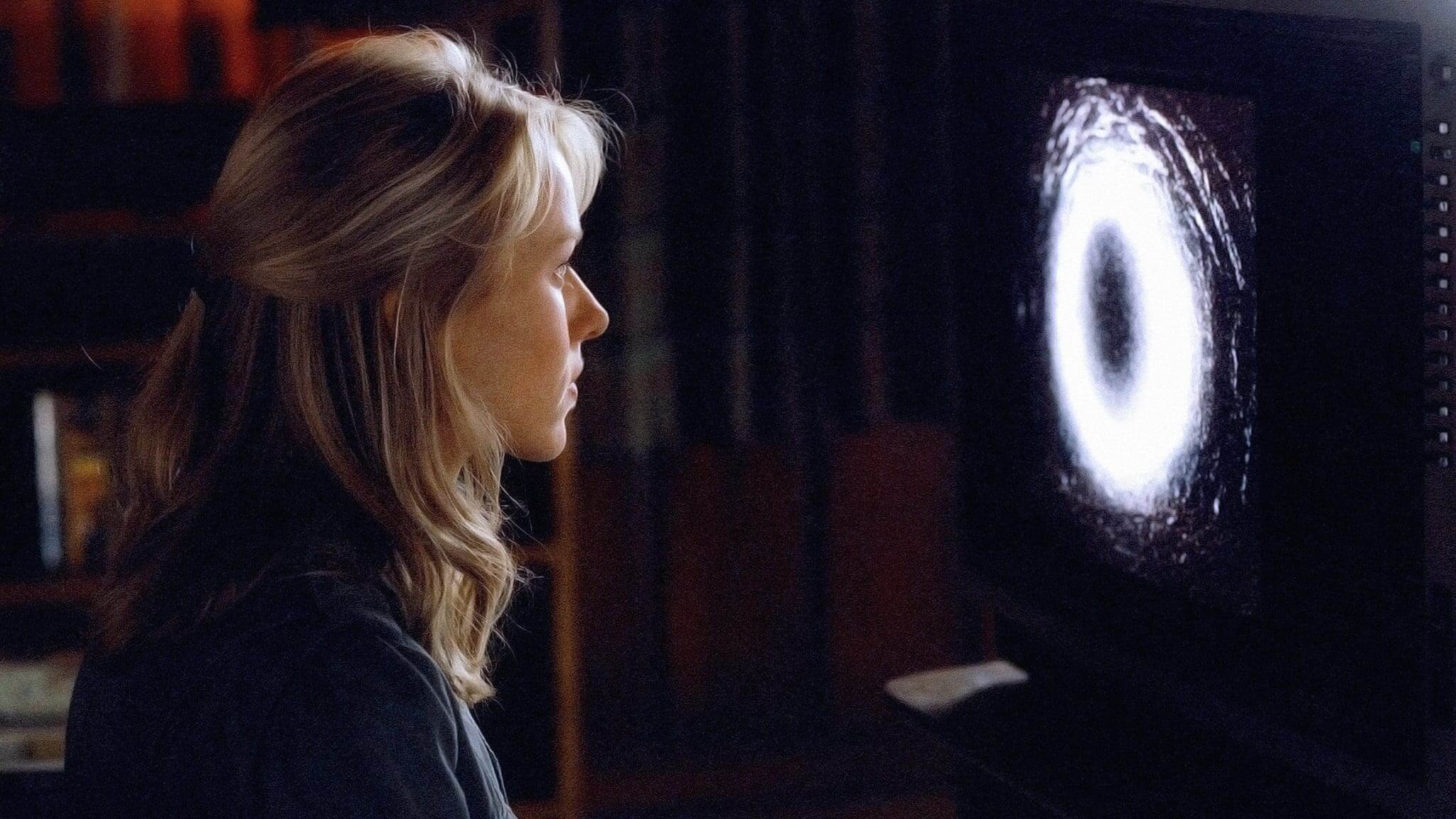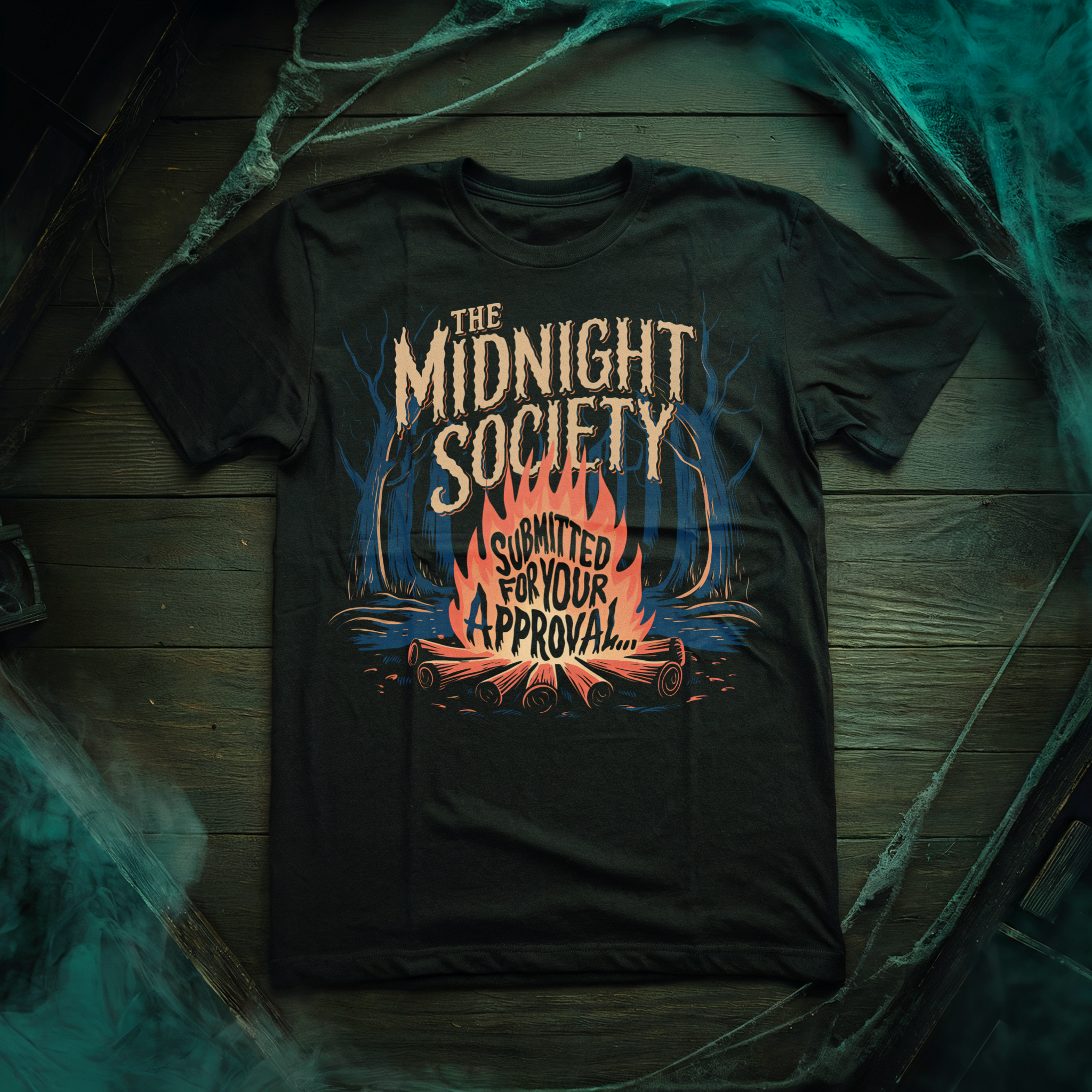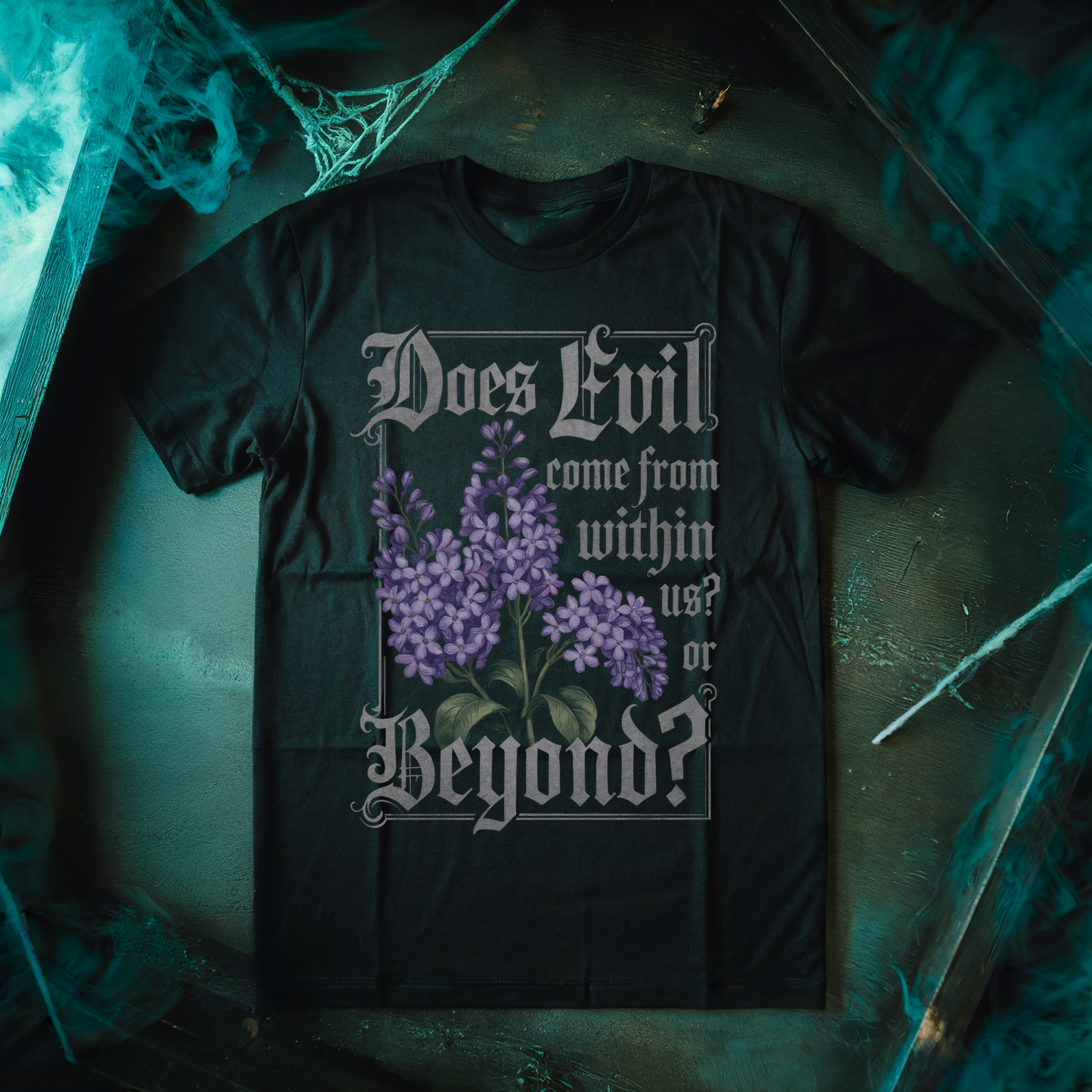Horror movies are known for their ability to scare us, make us jump out of our seats, and occasionally, make us question our decision to watch them alone at night. But did you know that some horror films have also eerily predicted the future? That’s right, folks! These films have shown us that sometimes, the line between fiction and reality is thinner than we think. Get ready as we explore 10 instances where horror movies eerily predicted the future!
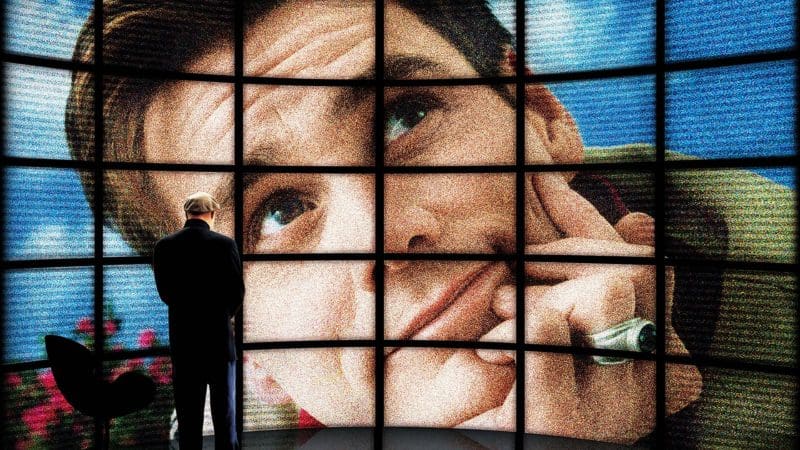
1. The Truman Show (1998)
While not a traditional horror film, the existential dread that permeates The Truman Show is palpable. The film presents a man whose entire life is a reality TV show, with every moment broadcasted to millions of viewers. Fast forward to today, and we have an endless array of reality TV shows, from Big Brother to Love Island, where people willingly sign up to have their lives scrutinized 24/7. The film eerily predicted our society’s voyeuristic obsession and the blurred lines between reality and entertainment.
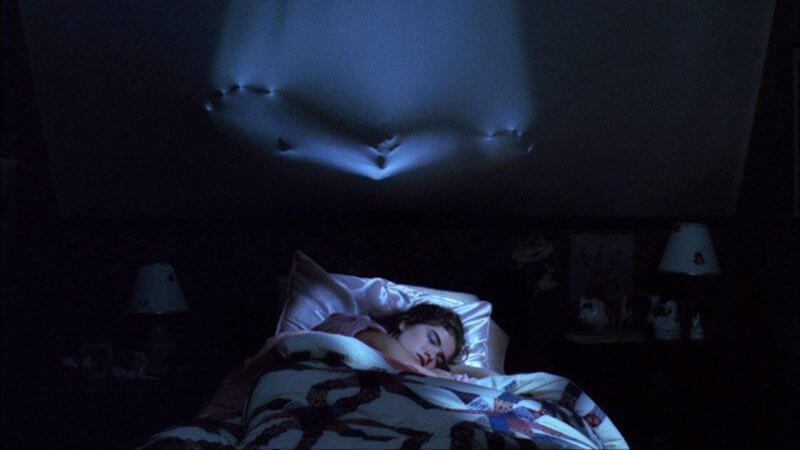
2. A Nightmare on Elm Street (1984)
Freddy Krueger, the dream-haunting, razor-gloved killer, brought the terror of nightmares into the spotlight long before sleep disorders became a mainstream topic. Today, the exploration of lucid dreaming and sleep paralysis is a significant field in neuroscience. Sleep disorders are also notably on the rise. Freddy was a pioneer in highlighting the horrors that can occur in our sleep, making us all think twice before drifting off to dreamland.
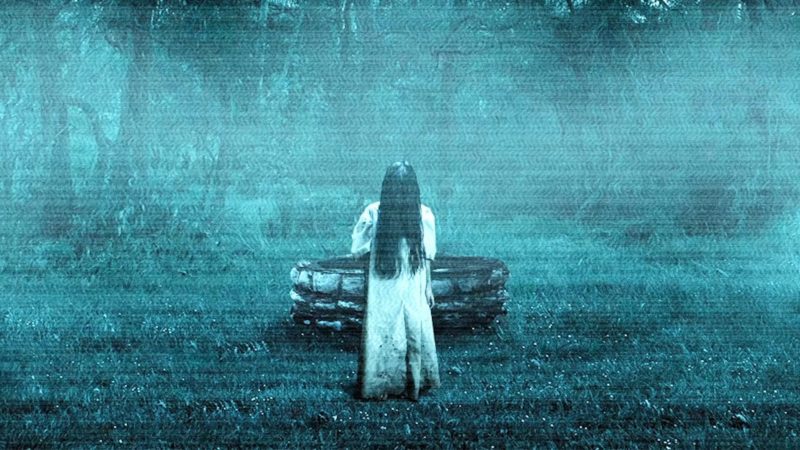
3. The Ring (2002)
Before we were all glued to our smartphones, The Ring introduced us to the terror of a cursed videotape that causes anyone who watches it to die seven days later. While we thankfully don’t have any cursed videotapes floating around (hopefully), the film eerily predicted our society’s obsession with viral content. Today, videos and memes can spread across the internet like wildfire, influencing and affecting millions of people, sometimes with dangerous consequences. The film serves as a chilling metaphor for the potential harm that viral content can inflict on society.
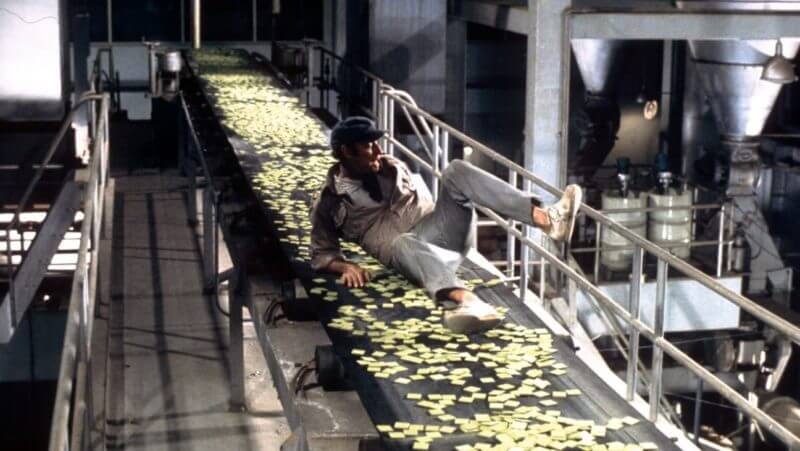
4. Soylent Green (1973)
This dystopian horror flick predicted a future where overpopulation and climate change lead to severe food shortages. The solution in the film? A food product called Soylent Green. Today, we have a company named Soylent selling meal replacement products, aiming to combat similar issues of food scarcity and environmental sustainability. It’s a chilling reminder of art imitating life. (In all honesty though, cooking is time consuming. Consider me tempted!)
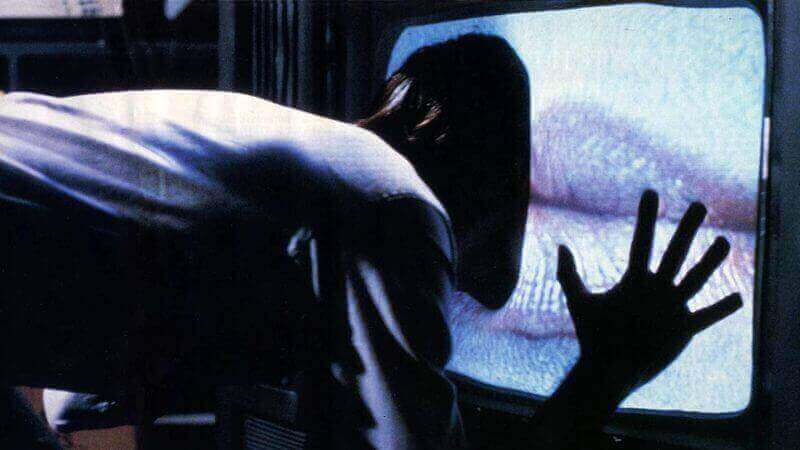
5. Videodrome (1983)
David Cronenberg’s body horror masterpiece predicted a future where society is obsessed with violent and perverse media. With the rise of violent video games, the dark corners of the internet, and the increasing desensitization towards violence, Videodrome’s vision seems less far-fetched. The film serves as a cautionary tale about the potential dangers of media consumption and its influence on our perception of reality.
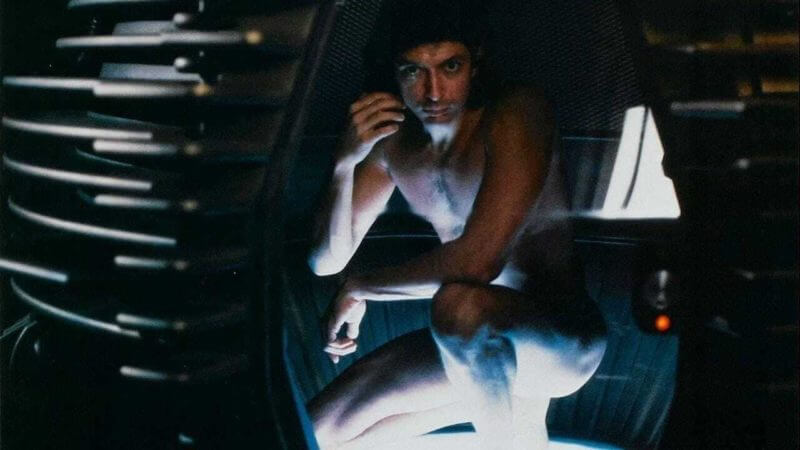
6. The Fly (1986)
In this grotesque masterpiece by David Cronenberg, we see Jeff Goldblum as a scientist who becomes a human-fly hybrid due to a teleportation experiment gone awry. While we’re thankful that teleportation hasn’t led to any horrific human-insect hybrids (yet), The Fly did predict the mapping of the human genome and the rise of genetic engineering. The film explores the ethical implications of manipulating human DNA, a topic that is more relevant than ever in today’s world of CRISPR and gene therapy. It also highlights the potential dangers of unchecked scientific experimentation, a theme that resonates in our era of rapid technological advancement.
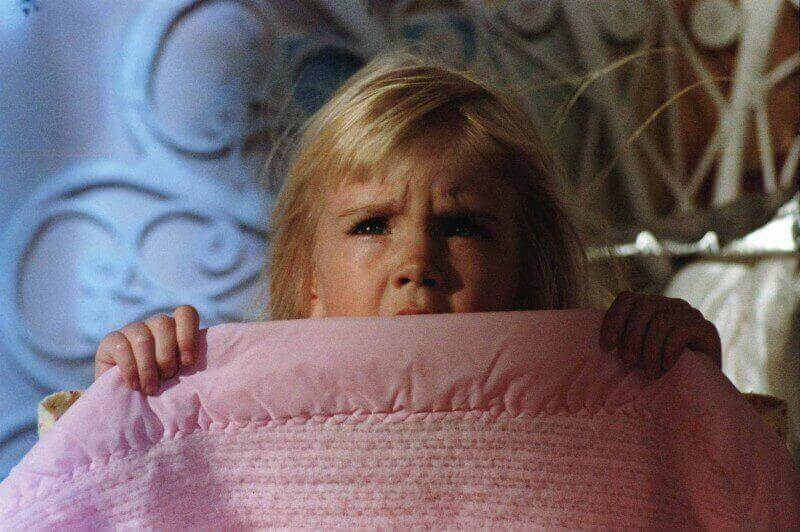
7. Poltergeist (1982)
“They’re here!” And by “they,” we mean our screen-obsessed culture. Poltergeist tapped into the fear that something malevolent could come through our screens. Today, with screens dominating our lives and digital threats like cyberbullying and online predators, this fear is more real than ever. The film foresaw our dependence on screens and the potential dangers they pose.
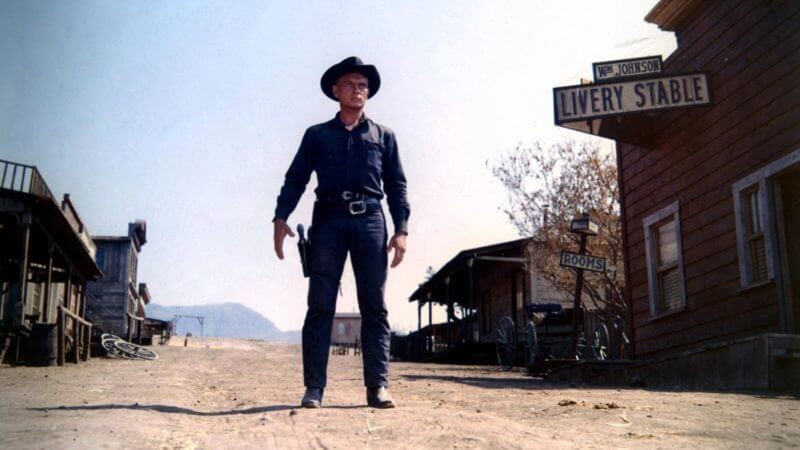
8. Westworld (1973)
While not a traditional horror film, the horrifying concept of sentient robots turning against humans is central to this movie. Today, with advancements in AI and robotics, the ethical questions posed by Westworld are more relevant than ever. The film predicted our struggle with defining the boundaries of artificial intelligence and the potential consequences of crossing them.
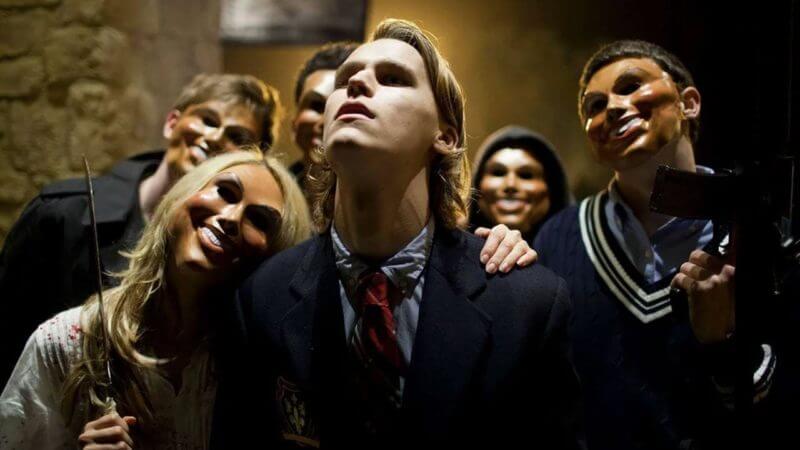
9. The Purge (2013)
The concept of The Purge, a society where all crime, including murder, is legal for 12 hours a year, is terrifying. While this dystopian scenario is not a reality, it did eerily predict the rise in societal unrest and debates about law enforcement and justice. The film serves as a stark reminder of the thin line between civilization and chaos, and it forces us to question how far people might go if there were no consequences for their actions. Furthermore, it explores the idea of government manipulation and class disparity, issues that continue to be relevant in our current socio-political climate.
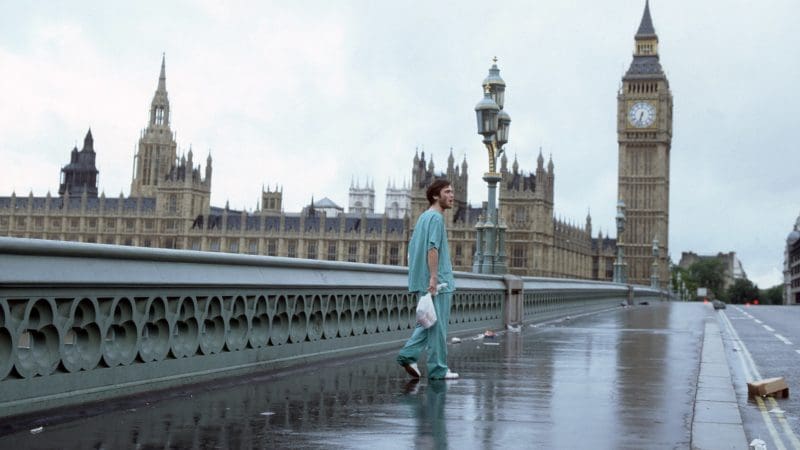
10. 28 Days Later (2002)
This film’s depiction of a virus turning people into rage-filled monsters feels eerily similar to the global pandemic we’re currently recovering from. While COVID-19 doesn’t turn people into zombies, the film did predict the widespread panic and societal breakdown that can occur in a pandemic. Remember how hard it was to buy toilet paper? Or to convince your diabetic, smoker parents to stop hugging people? 28 Days Later serves as a sobering reminder of the fragility of our society in the face of a global health crisis.
So, there you have it, ten times horror movies predicted the future. It’s a chilling reminder that sometimes, the most terrifying things are not the monsters on our screens, but the realities they represent. Next time you watch a horror movie, pay close attention. Who knows? You might just catch a glimpse of the future!
Do you know of a horror movie that predicted the future? Let us know in the Nightmare on Film Street Discord! We’re dying to have you!





